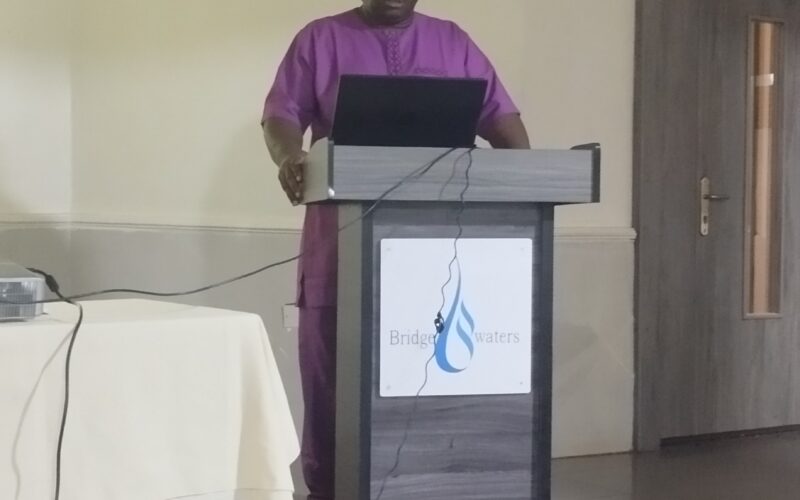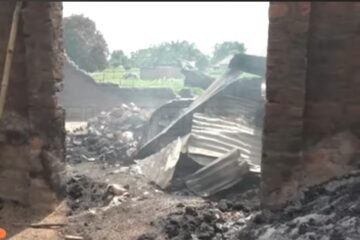Media Rights Agenda Charges Journalists On Use of FOI For Investigative Reporting
By Charity Uwakwe
The Director of Media Rights Agenda (MRA), Dr. Edetaen Ojo has charged Journalists on the need to acquaint themselves with the provisions of Freedom of Information Act, 2011 and the usage of same, in order to facilitate their quest for information during investigative reporting.
Dr. Ojo gave this charge shortly after a two-day workshop training organised on “Using the Freedom of Information Act for Investigative Reporting”, held on November 23 and 24, 2023, at Bridge Waters Hotel, Enugu.
Famous Reporters reports that the two-days power packed programme had in attendance participants, comprising males and females, drawn from the broadcasting, print and online media organisations from different states, across South-East and South-South geo-political zones.
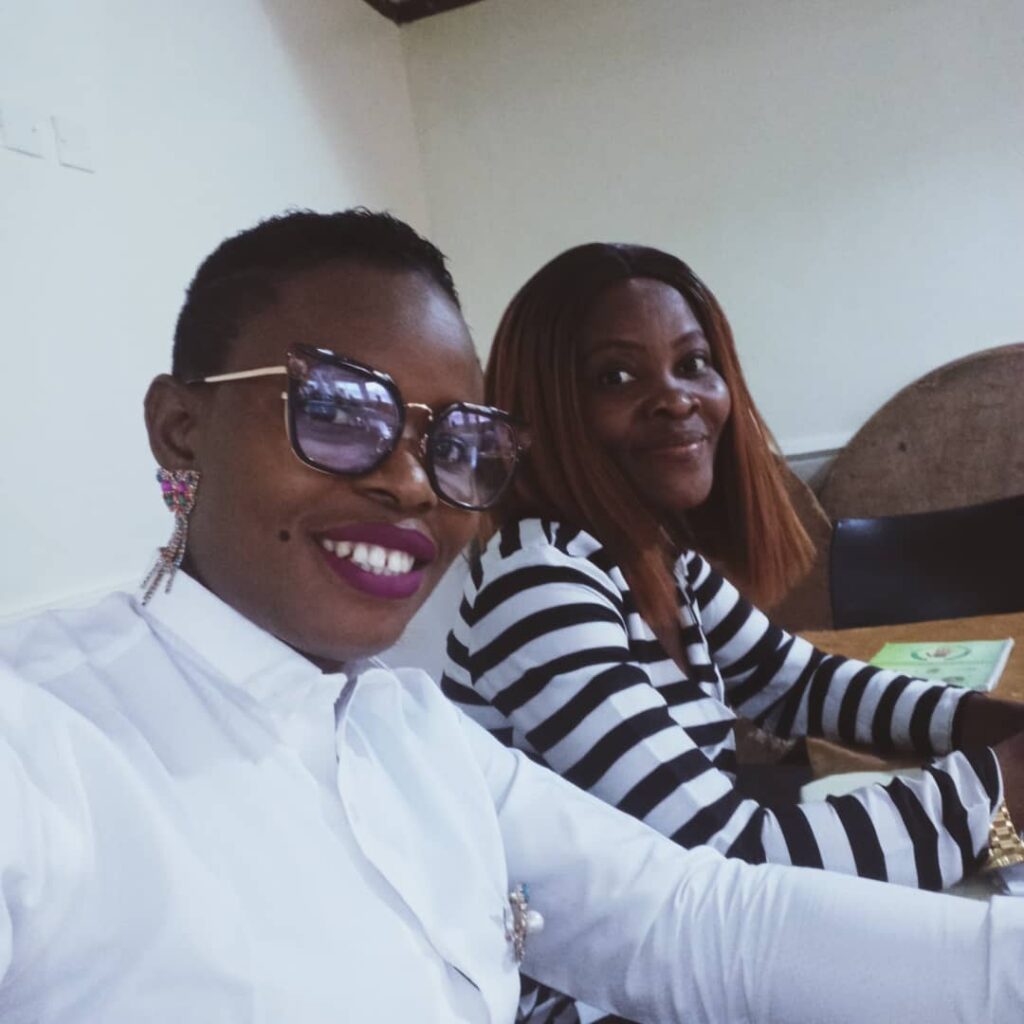
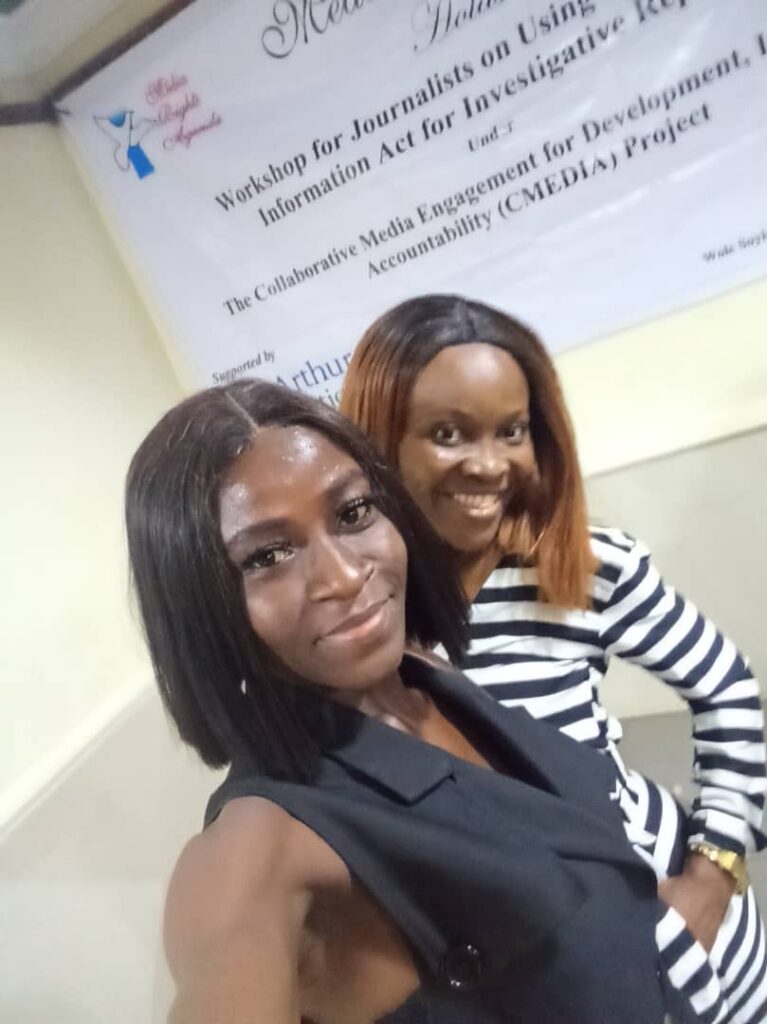


The training was organised by Media Rights Agenda (MRA) with support from the MacArthur Foundation through the Wole Soyinka Centre for Investigative Journalism ( WSCIJ), under the Collaborative Media Engagement for Development, Inclusion and Accountability (CMEDIA) Project.
Dr. Ojo who disclosed that the Organisation had held a similar training for Media Practioners in other zones of the federation, stressed that the workshop was aimed at educating and sensitising Media Practioners on the need to use this FOI as a tool that enhances access to information considered to be official.
Earlier, he expressed worries over the inability of Media Practioners to have access to freedom of FOI as ought to especially in investigative reporting.
The Media expert harped the need for the Journalist to be able to present accurate and credible information to their audiences, while also providing the public with background details of the said event or incident.
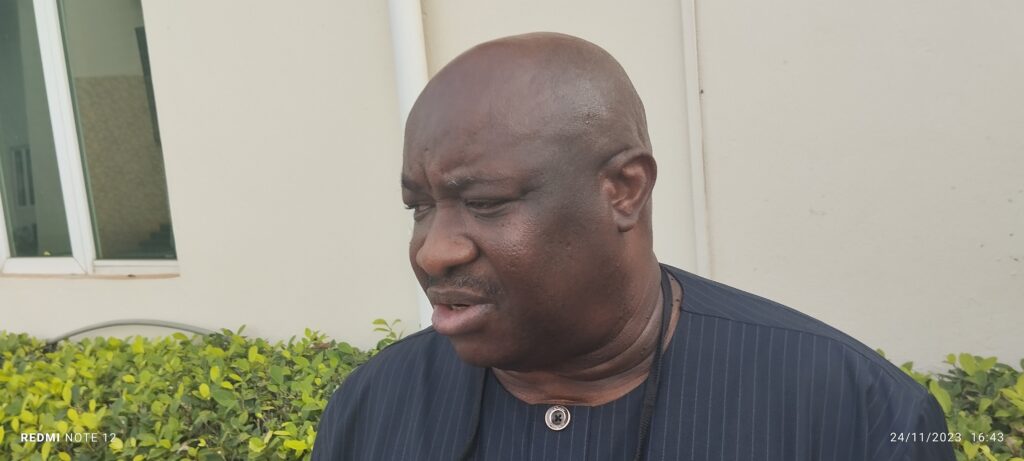
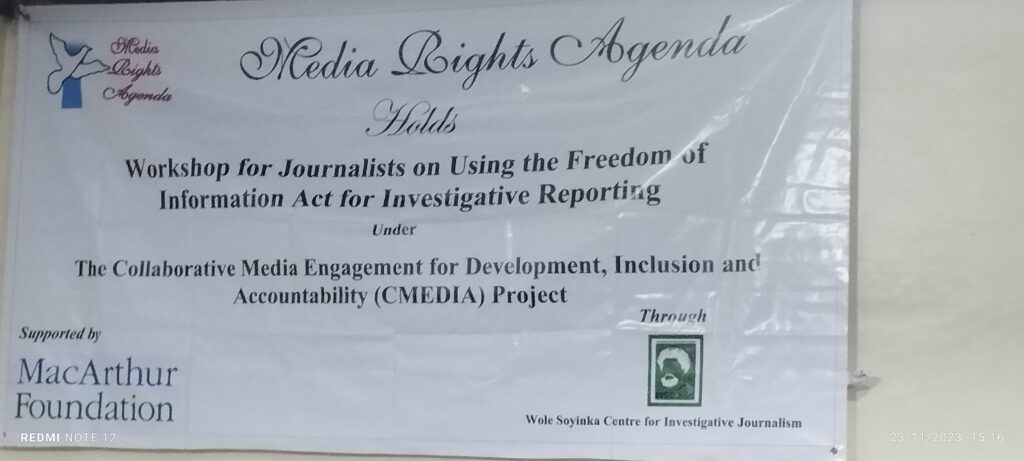
Meanwhile, he defined Investigative Reporting as a journalistic process in which information which reveals corruption, wrong doing, abuse of power.
“It tends to reveal corruption acts, abuse of power of office, etc. It goes beyond the routine of reporting press statements, handouts, speeches at conferences, lunch events, seminars and leaked exclusive information..
He outlined that Journalists could source information through official sources such as interviews with government officials, authorised officials of a company or organisation, records or documents officially made available, etc.
In his lecture, Ojo advised Media Practioners to endeavour to help explain to their audiences the implications of any information reported, and how it affects the latter, hence the consequences.
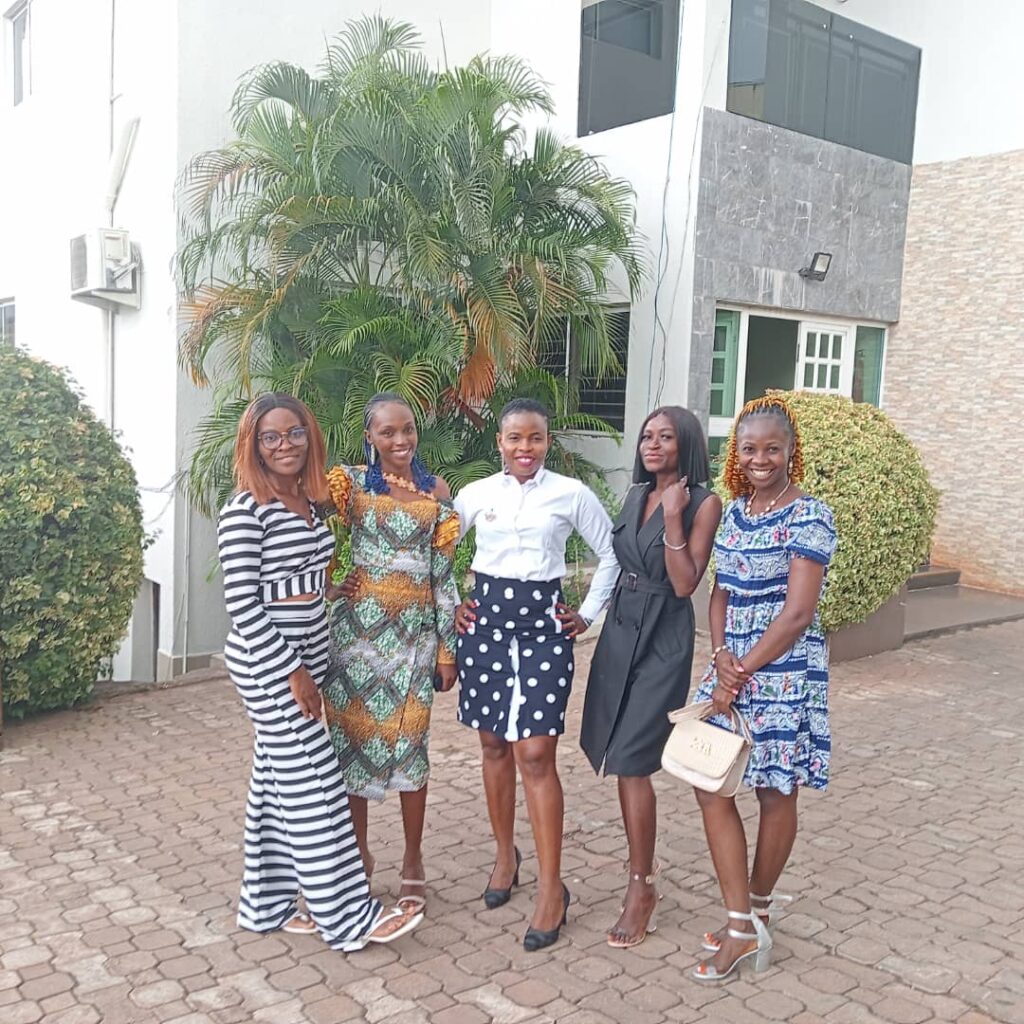
Speaking, he said:
“So, when you’re doing a story, do not only end at reporting the event, rather try as much as possible to also bring to their knowledge, the implications of the incidents whatsoever, because such could be relevant to them.
Furthermore, he emphasized the need for a Reporter to be courageous and enterprising, noting that it will help the latter in conducting proper investigation.
Among the elements of investigative reports he enlisted, included:
Interviewing, witnesses, suspects, etc.

